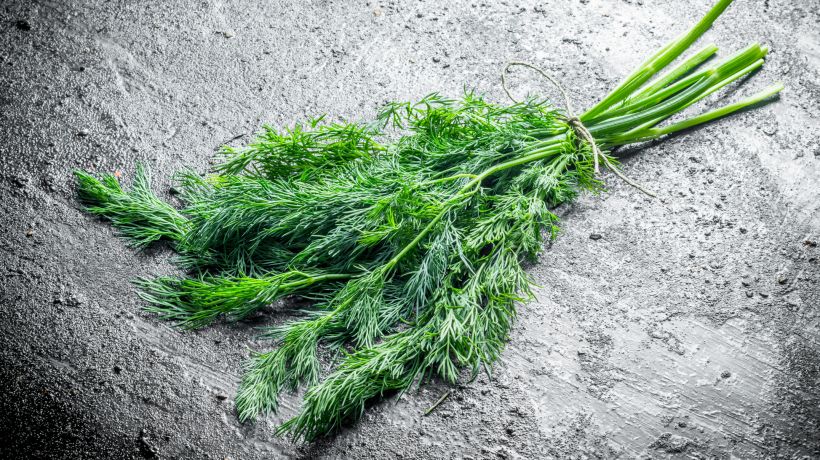 After parsley, dill and chives are the most commonly used herbs. Here are a few tips for a successful grow.
After parsley, dill and chives are the most commonly used herbs. Here are a few tips for a successful grow.
It couldn't be easier to care for. Chives thrive in any soil, which is reasonably moist and fertile. He likes the place in the sun, but also copes with partial shade, and it tolerates any climate. Every few years in spring the canes are divided and replanted – that's all care, that he needs.
Like many traditional herbs, chives also contain medicinal substances, essential oils, minerals and vitamin C. It has an appetizing effect, lowers blood pressure and helps with anemia.
Dill loves warmth and lots of sun
Some gardeners describe the dill as absolutely unproblematic, others are in dire need, around the tender, fragrant plant to keep in the garden. Even from year to year dill can develop very differently. Then you have to keep trying, until the right place is found.
Dill needs full sun, sheltered places and damp, soil fertilized with compost if possible. So that he finds these conditions, should always be covered with a mulch layer or underplanting (with. B. with large-leaved cucumbers) protect.
Has he ever done well?, Dill can grow like weeds and also self-seed. Often it also wanders into the perennial bed, where the delicate pinnate leaves and later the green-yellow inflorescences are wonderful companions for brighter flowers.
From April, dill can be as humus rich as possible, loose soil in rows with 25 to 30 cm spacing can be sown. Since the tender little plants are difficult to implement, the rows are thinned out after the seed has emerged. It is best to sow several times in a row, for the winter directly in pots.
Although dill may not be used very much in the kitchen, he deserves a regular place in the garden. Because with salad, Carrots, It promotes the germination of onions and beetroot, it is ideal for a mixed culture with peas, Cucumber, Potatoes, chives and its scent keeps cabbage whites away from cabbage plants and lice from broad beans.